This is part three in a five part series. You can check out the previous article on ‘availability’ here.
There is a kind of elephant in the room when it comes to web series. Obviously the budgets for big production values are not there. We have to limit the number of characters, locations and explosions but that is not the only way we are affected. If we take a look at the state of the current indie film market we can see the same issue popping up, and that is the need for ‘bankable’ above the line talent.
Remember when Sundance used to be a place to launch careers? Now your typical ‘indie’ at Sundance cost $15 million and has two A-listers who are there to prove that they can really act in between tent pole releases.
This is what I refer to as the problem of pedigree. I have watched every Christopher Nolan film, I will watch any movie that Brad Pitt is in, I know what I’m getting into when I turn on an episode of Law and Order and I can guarantee you that your next burger from In N Out is going to be delicious.
‘Pedigree’ is a stand in for a reliable track record that is easily communicated to your potential audience – built through past experiences. It has nothing to do with the actual quality of your product but it sets the expectation of quality in the mind of your potential customer.
A major reason people didn’t watch your show is because your series lacks this, and for too long the phrase ‘web series’ has been used to describe amateur content on YouTube. People are naturally afraid of the unknown and it is your job as a producer and marketer of your content to assuage those fears – so let’s get into the specifics.
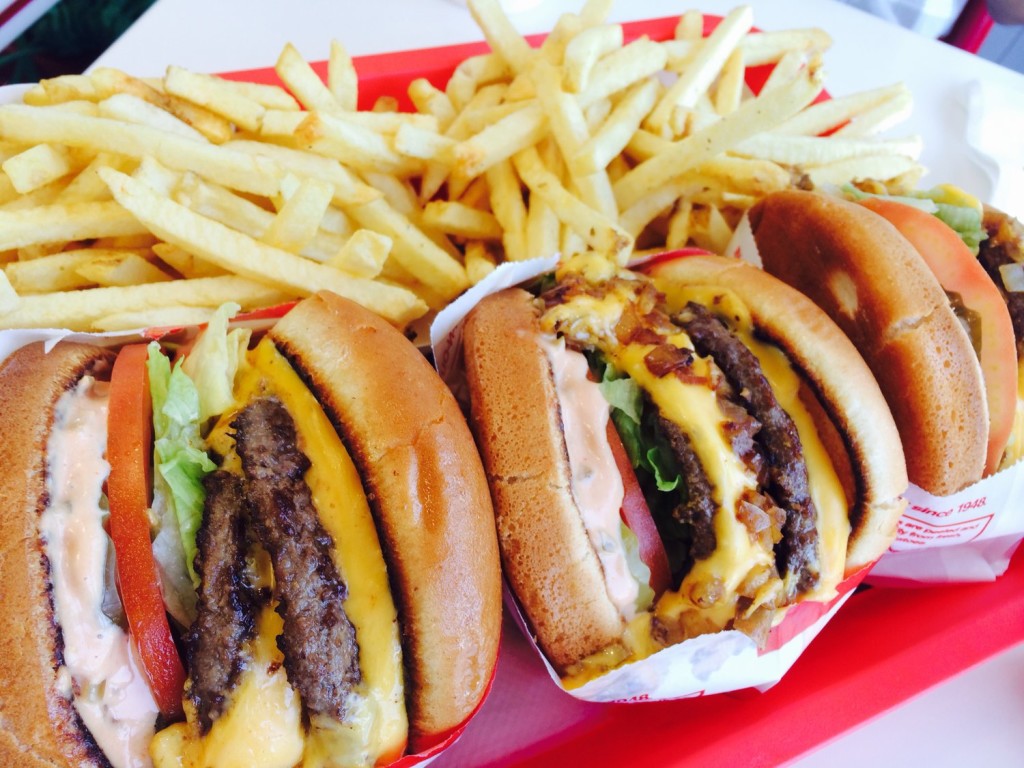
I can promise you this will be delicious
You Don’t Have Any Known Above The Line Talent
So you don’t have Christian Bale staring in your web drama, we understand, your potential audience understands, but whom do you have?
For years the audience could tell how big a movie was based on how recognizable the faces were on the movie poster or the dvd box. We have been trained to see those faces and extrapolate an expectation of quality from them.
More nuanced viewers have learned to read the title cards and look for the names of the director, or potentially even the cinematographer or producer. Nothing can help a producer’s career more than earning the future tag line ‘From one of the producers of Twilight!’
But you don’t have that, and short of finding a few extra millions lying around you can’t solve this problem. General audiences will look at your project and assume it isn’t any good or at the very least not up to a high enough production value to be worth their time. Now if you had read the rest of this series (and why would you have? Is it that good that you are reading this again?) you would know that we are not after general audiences – your audience should be targeted with surgical precision, and that is the only way to get around this problem.
You have to ask, whom is this show going to be for, specifically. Since you can’t afford the Meryl Streep’s of the world you have to find rockstars within their communities. The Meryl Streep’s of the YouTube, or the Michael Fassbender’s of Instagram. Hell, settle for the Ellen Paige’s of your most applicable sub-reddit if you have to. The point is find a marketable cast, even if it’s at the most entry level.
Plenty of series have managed to bring in some mainstream b-level actors for supporting roles at reasonable rates just through simple social connections. You might not know anyone personally but you should consider your networks, and the networks they tie into to see if there are people out there who could help you.
In this day and age we have become an ‘influencer’ society where our influence isn’t based around how often we go on late night talk shows or assorted television outlets, it’s in our social networks. Your potential lead actress might be a ‘nobody’ in Hollywood, but if she has 500k Instagram followers then you might be onto something.
If you are just starting out you don’t even have to reach for that level. You just need to focus on finding people who fit into your show, who can connect with your target audience, and have them agree to help promote the series.
One of the most glaring issues surrounding the term ‘web series’ is the perception that they are terrible. The truth is, a lot of them are, especially early ones. As time has gone on though, the quality has risen quite a bit, but the stigma remains.
If Hollywood solves a similar problem – the perception of quality – by casting recognizable faces, then why can’t we?
One thing our community hasn’t done a good job of is building up our own stock of recognizable talent. We have a lot of high quality series that have reached a certain level of success to create some recognizable faces. What I haven’t seen is other creators taking advantage of this by casting those faces in their shows. Too often we focus on our own personal networks and not on the greater community, simply because it is easier.
If the community as a whole makes an effort in this area we will start to create our own group of ‘bankable,’ recognizable talent that will vouch for the quality of our productions. While this wont work with broader audiences – again – it will be huge for people who already watch online series.
You Aren’t Distributed By A Known Brand
This one might not be as obvious in the film world but is a huge deal. The only studio that is a brand is Disney – and with all of their recent acquisitions this topic has become a concern for them. Other studios all own or market brands with their films, like Marvel or DC for example. Some smaller distributors like Fox Searchlight or A24 could qualify as a brand.
Branding is the way marketers communicate expectations to potential customers. In many ways casting is a subset of this as it reinforces the perception of the product. Here though we are talking strictly about the label – the brand who puts their name on the product.
Every project you put under that brand reinforces or redefines what that brand means and what the expectations should be for all things marked with it in the future.
For many series there is no brand name on the product, just a title, which while not the worst thing in the world, it misses an opportunity to add a layer of professionalism and identity to a project.
There are a lot of brands popping up on YouTube these days, like Geek & Sundry, Machinima and countless others. There is nothing stopping you from creating your own brand either by creating your own production company and marketing that. In fact with the new YouTube rules regarding monetization it doesn’t make sense to start a new channel for a new project but to push a brand channel with multiple projects.
Starting from zero is a rough spot to be in. It might be difficult to attach any sort of names to your project or to get associated with a brand but at the very least you need a plan to start building. Building up your own brand, building up your actors names, moving up that ladder one rung at a time. As an industry the web community hasn’t matured to this level yet, but we can by banding together, working with one another and promoting quality content.
Ask yourself, how did I attach my project to the bigger picture, to the larger community? Think of this project as just one piece in a larger puzzle. That puzzle will better communicate to potential viewers what your project is all about far more than your project will alone.

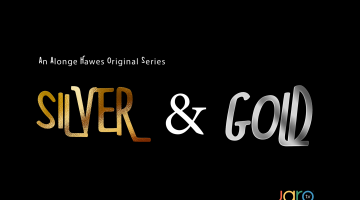



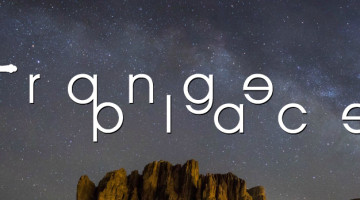

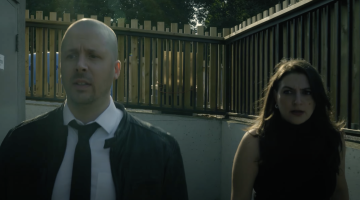
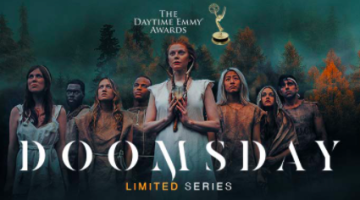
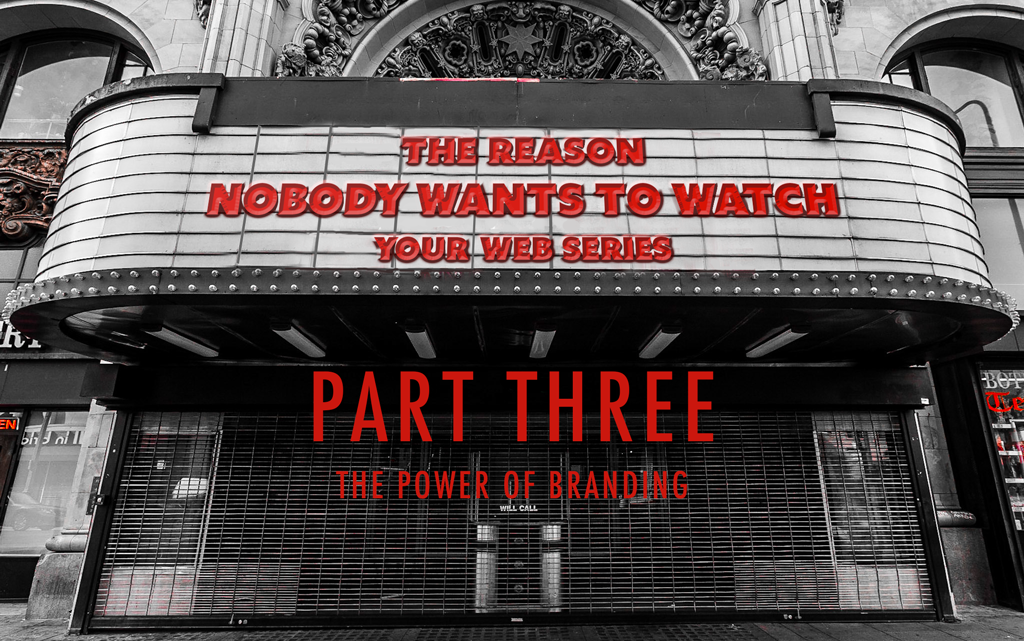
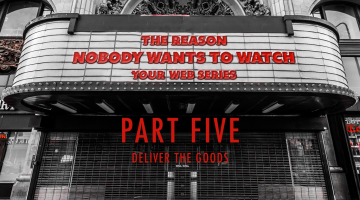
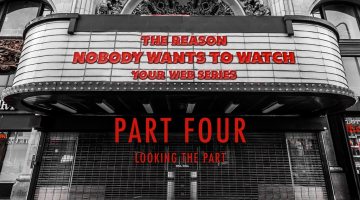
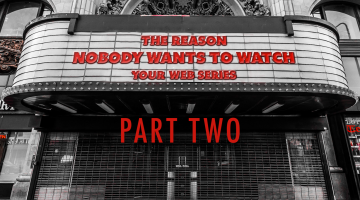
No Comment